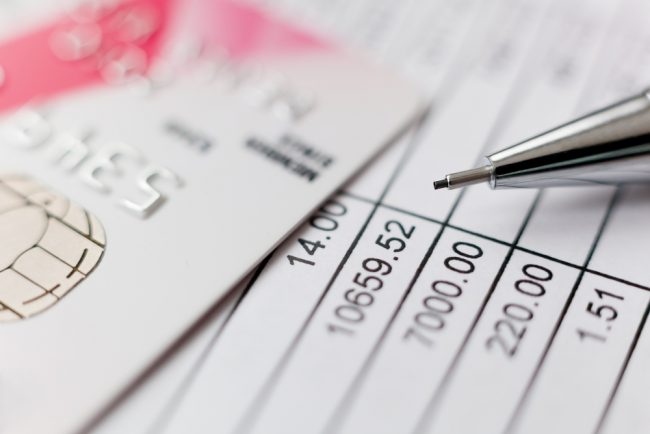But although the idea of managing your business cash in the same place as your personal finances may sound like it could make life easier, the reality is that it’s actually a very risky strategy, littered with potential pitfalls – and one that HMRC strongly advises against adopting.
Emily Coltman FCA, chief accountant to FreeAgent – which provides award-winning cloud accounting software for freelancers, micro-business owners and their accountants – gives her three top reasons why you should take the time to set up a dedicated bank account for your business finances.
You’re more likely to pay the right amount of tax
If you combine your business and personal finances in a single bank account, you could find yourself paying an incorrect amount of tax by making one (or more) of the following mistakes:
- You may accidentally count non-taxable income (e.g. cash gifts from your family) or income that’s already been taxed as part of your business income. This will mean that you’ll pay too much tax.
- When you look back at your bank transactions from earlier in the year you may find it difficult to remember which payments were for business and which were personal. If you miss out some business costs when you come to add up the figures for your tax return, you’ll pay too much tax because your profit figure will be higher than it needs to be.
- If you accidentally include non-business costs in your tax return, you will reduce your business’s profit figure too far, and this, in turn, will reduce your tax bill incorrectly. HMRC takes a very dim view of this kind of mistake; if you underpay your tax, you’ll have to make up that shortfall and you may also be charged interest and face penalties for paying too little tax, which could put your business at risk.
Keep your business and personal finances separate and you’ll be far more likely to record your costs correctly on your Self Assessment tax return and pay the right amount of tax to HMRC.
Your business cash will be safer
Using one bank account for all of your personal and business finances means that you could easily lose track of how much money you have for each purpose. Your bank balance may seem healthy enough for you to make a significant personal purchase, for example, but you may find you need that cash in a couple of months’ time to pay a business tax bill.
By having separate bank accounts you’ll avoid any cash flow problems that may arise from accidentally spending business money on personal purchases.
You’ll give a more professional impression to customers
No matter how small your business is, your customers want to be certain that you will provide them with a top-notch service, deliver what you promised on schedule, and be there to resolve any queries. If you ask them to pay you into your personal bank account, your customers may feel that they’re not dealing with a “real” business. A bank account that’s in your business’s name, on the other hand, is likely to give a far more professional impression to customers.
Ultimately, setting up a dedicated business bank account is a very sensible move if you’re running a small business. Not only will it help ensure you pay the right amount of tax and provide extra security and protection for your finances, it will also leave customers with a professional impression of your business when they come to pay you for your work. In addition, you’ll have clearer, more understandable records of the money coming in and out of your business – and that could be invaluable when it’s time to complete your Self Assessment tax return.
Emily Coltman FCA is chief accountant to Freeagent, which provides award-winning cloud accounting software for freelancers, micro-businesses and their accountants. Try it for free at www.freeagent.com


